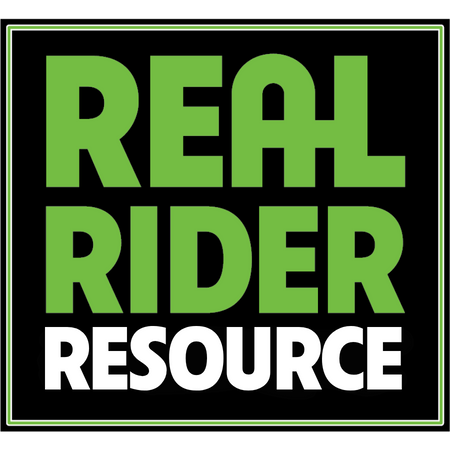Is Your Horse Dehydrated? 5 Signs Real Riders Watch For
Excerpt: Dehydration doesn’t always look dramatic. Often, it starts with small changes that only the rider notices. Here’s how to spot the early signs and take fast action to protect your horse’s health.
1. Skin Pinch Test Fails
Grab a pinch of skin on your horse’s neck or shoulder. If it doesn’t snap back quickly, your horse is likely dehydrated. This is a basic field test every rider should know.
2. Dry Gums and Dull Eyes
Healthy gums should be pink and slick. Dry or pale gums and sunken eyes signal a loss of fluid. Lift the lip, press a finger to the gums—if color takes more than 2 seconds to return, take note.
3. Change in Sweat Patterns
Some horses sweat heavily when dehydrated, others stop sweating altogether. A sudden change in sweat behavior (either excess or absence) is a major red flag—especially in summer or after travel.
4. Poor Appetite or Lethargy
If your horse is normally eager to eat and suddenly seems sluggish or uninterested, check hydration first. Dehydration affects appetite, digestion, and energy—all fast.
5. Dark, Low-Volume Urine
Healthy urine should be light yellow and plentiful. Dark, thick, or infrequent urination often means your horse isn’t drinking enough—and could be at risk for impaction or heat stress.
Support Recovery Fast
- Offer clean, room-temperature water (add apple juice or soaked hay cubes for picky drinkers)
- Use Hydro-Lyte with GastroCell to deliver critical electrolytes transdermally—without irritating the gut
- Monitor closely for the next 24 hours
Pro Tip: Topical hydration tools like Hydro-Lyte can be a game-changer for horses that won’t drink or are sensitive to oral electrolytes.
Final Thoughts: Dehydration Isn’t Always Loud
It doesn’t always show up with drama. But it will show up in performance, behavior, and health. Know what to look for, and act fast. Your horse will thank you—especially in the heat.





